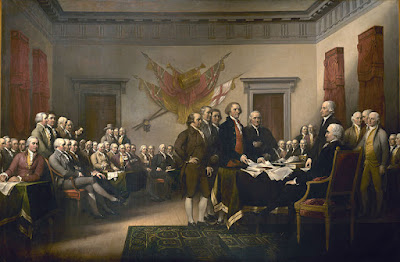The Cold War affected both sides of the twentieth century’s greatest conflict, in every region of the world. These included largely neutral areas stretching from Latin America and the Middle East … to South Asia and Indonesia. Some of the ripple effects come from the Soviet war in Afghanistan, the establishment of the modern state of Israel, and the conflicts between Israel and its various neighbors. All have since become particularly relevant at the time that I write this. The Eastern European theater of the Cold War also explains some of the more recent conflicts in the region, such as the nineties war in Bosnia and the current war in Ukraine. Many Eastern European countries have since joined the European Union, which could likewise be considered as a sort of legacy of the Cold War period. The Cold War also influenced literature and cinema, with iconic spy movies like those of James Bond – which were popular enough to be spoofed in other franchises like “Get Smart.” There were also some post-apocalyptic themes in the era’s science fiction, including with some famous episodes of “The Twilight Zone.”
Goran Jelisić shooting a Bosniak in Brčko – Bosnian War, 1992
But the Cold War also had an effect upon our current world map, our current ideologies, and (in many ways) our current geopolitics. It involved some spilled blood in many parts of the world, the proliferation of nuclear weapons, and the rise of communist China as a world power. The glory of twentieth-century history tends to go to World War II, which arguably set the stage for the Cold War in many ways. But the Cold War may still be the most important conflict of the twentieth century. Only certain parts of the Cold War involved actual shooting therein, but there was scarcely a conflict anywhere in the world during that time that wasn’t somehow connected with the larger “Cold War.” Thus, this post will try to examine how the (First) Cold War affected us, and how we continue to deal with the ripple effects (of one sort or another) from this great international chess game. I will only be able to survey the ways that it affected us, and will have to leave out subjects like the important advances in computer technology and air power – even though they, too, are arguably an outgrowth of the “Cold War.”
A street in Kyiv following Russian missile strikes – Ukraine, 2022

























